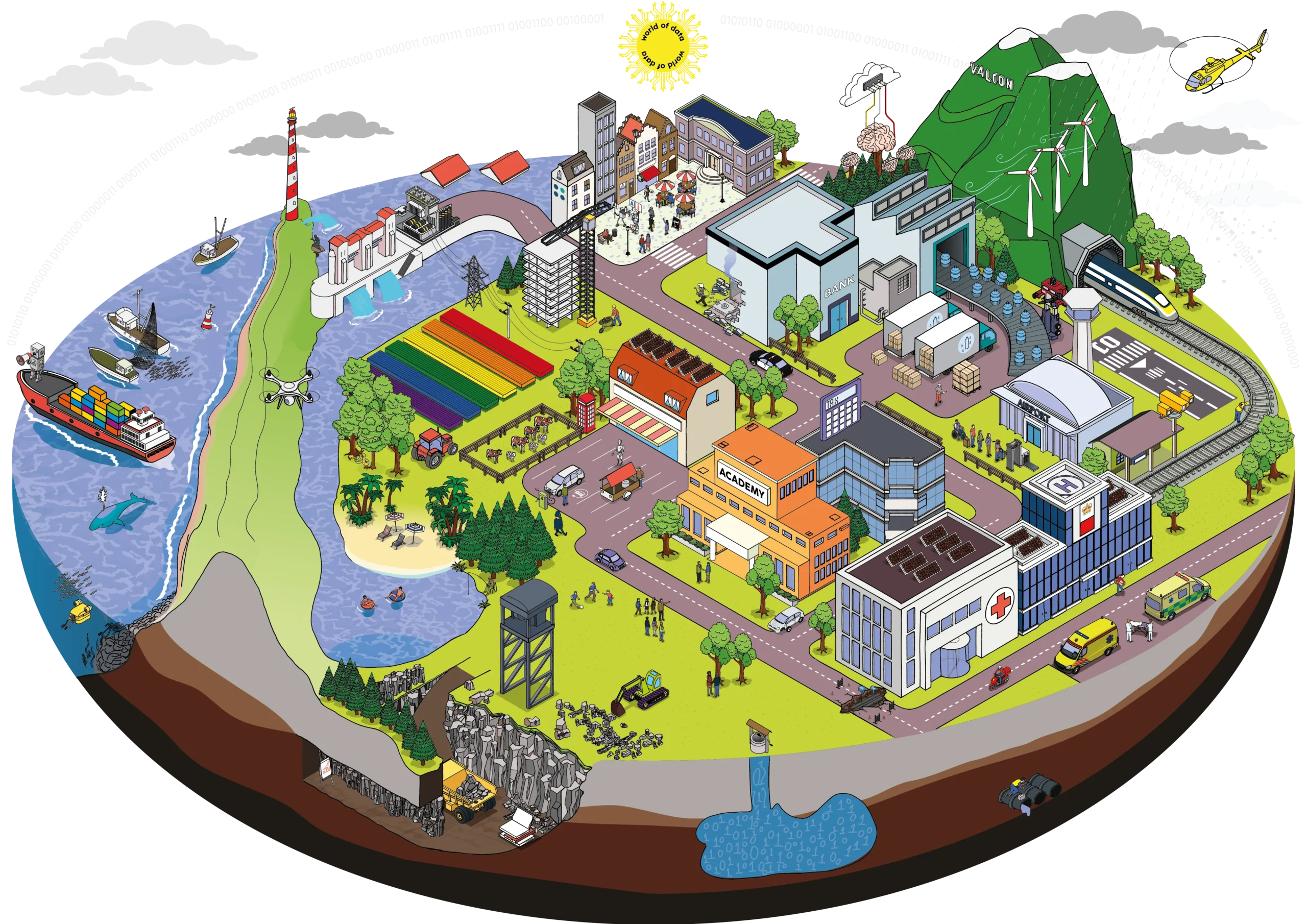The relentless march of fast fashion has increased over the last two decades, fuelled by the prevalence of Smartphones, faster internet and social media. Younger generations, from millennials to iGen, are heavily influenced by celebrities and social media influencers who perpetuate the idea of the need for new clothes for every selfie.
But the environmental cost of fast fashion is significant. If everyone in the UK didn’t buy new clothes for one day, the emissions saved would be equivalent to driving a car around the world 8,640 times. The fashion and food industries combined are responsible for significantly more carbon emissions than the aviation industry. How?
Emissions from factories. Landfill sites are filling up with cheap clothes made from man-made fibres – £140m of clothing that goes daily to UK landfill sites. And the impact of online deliveries – cities are clogged up with vans laden with online clothes and the average vehicle speed in Central London is now 7.1mph, 19th-century horse and carriage pace. The environmental damage is undeniable.
The climate campaigner Greta Thunberg has successfully lobbied young people and pricked their conscience with the price to be paid for fast fashion. But is it enough to create meaningful change and ultimately transform the industry? What needs to be done?
- Retail change: firstly, retailers need to up their game on the product information and delivery options they provide and be clear about the impact on the environment. Focusing efforts on reducing emissions during the transportation and delivery of items, where typically 75%+ of emissions tend to arise. In our experience supporting retail clients, then factoring these considerations into your people/process/tech design thinking and discussions with suppliers/brands is key.
- Cultural change: consumers need to change their shopping patterns and use product information to inform buying choices. And there needs to be a cultural change – the reason why fast fashion exists is because of consumer demand.
- Circular fashion: the movement to recycle, repurpose and re-wear clothes is gathering speed and big retailers are addressing it. H&M launched Garment Collecting, its global initiative that recycles and reuses the clothes its customers drop off at its stores, with 0% going to landfill. And the emergence of businesses for the resale or rental of clothes – Rent the Runway, My Wardrobe HQ, ‘Resellfridges’ are addressing the altruism vs narcissism dilemma. We hope to see greater numbers of established retailers getting in on the act.
- Materials traceability and ethical trading: retailers need to be able to trace materials and products and have the right stock systems in place that help them do this. Functionality that helps retailers capture whether cotton is sustainably sourced or whether garments are made from recycled material can be critical in helping them achieve sustainability goals. And these stock systems are integrated with retailers’ websites, so customers can also see this level of detail and make appropriate purchasing decisions. On the trading front, whilst ‘Know Your Customer’ (KYC) has had an impact on the banking sector, the trend to ‘Know Your Supplier’ better is an area where a lot more needs to be done to safeguard retail businesses and avoid negative press. Over the last 12months, we’ve all seen articles exposing poor working conditions and data breaches involving suppliers.
- Industry contribution: there are definitely positive waves – the Sustainable Apparel Coalition is a global alliance of brands, suppliers and advocacy groups that aims to reduce environmental harm associated with fashion. And the shipping industry is being digitised, so merchants can trade cargo as ships chug across the oceans, meaning less waste. Truly recyclable or reusable packaging is another issue being addressed.
Change is happening, but is it happening quickly enough? There are a lot of good retailers out there. Along with the likes of H&M, ‘early adopters’ such as Selfridges & Co launched their ocean plastics campaign (Project Ocean) around 10 years ago and have recently launched Project Earth. ASOS has a sustainable clothing range – Edits – and has rolled out EVs to deliver goods in London.
So whilst it’s key that we all remain focused on how we can drive positive change – whether within retailers, through micro-movements, or industry bodies – we must also recognise that effecting holistic change can’t be immediate. Patience is needed, but also the awareness that all of us need to up our game.
At Valcon, helping our clients to respond to and solve their business and digital challenges is what makes us tick. If your business is encountering similar challenges and you’d like to speak to us about how we can help, please get in touch at [email protected] today.
Want to learn more? If you would like to learn more about how Valcon can help your organisation respond to and solve your business and digital challenges, please email [email protected] and we’ll be in touch right away.













